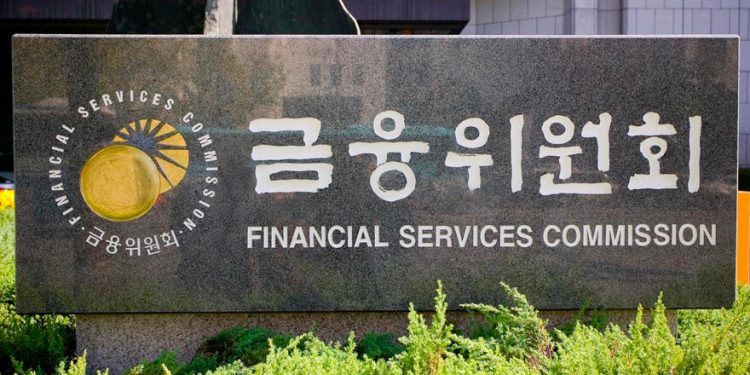Non-fungible tokens are not included in virtual asset categorization in the country. It means that South Korea will not tax any income accruing from the sale of NFTs.
South Korea’s financial regulator, the Financial Services Commission (FSC), has reaffirmed its view that it will not venture into the non-fungible tokens (NFTs) space. According to a report from the Korea Herald, NFTs do not qualify as virtual assets and, as such, cannot be regulated.
NFTs or crypto-collectibles not considered to be Virtual Assets
The confirmation to exempt NFTs from regulations follows a review of the Financial Action Task Force’sForce’s (FATF) updated guidelines. The October 28 guidance report from FATF states that “NFT, or crypto-collectibles, depending on their characteristics, are generally not considered to be Virtual Assets.” An official from the FSC told reporters:
“According to the basic position expressed by the International Anti-Money Laundering Organization (FATF), NFTs are not regulated […] we will not issue regulations for NFTs.”
Regulators worldwide have focused their attention on NFTs whose market and value continue to burgeon by the day. According to sources, NFTs worth $13.4 billion have been sold so far. Nonetheless, most regulators haven’t taken a position yet. The Financial Action Task Force (FATF) recently issued guidance that included NFTs for the first time, which effectively excluded them from being classified as virtual assets. The FATF said:
“Given that the VA space is rapidly evolving, the functional approach is particularly relevant in the context of NFTs and other similar digital assets. Countries should therefore consider the application of the FATF standards to NFTs on a case-by-case basis.”
NFT owners are not required to comply with AML and KYC regulations
The FATF has maintained stringent regulation on the issue of cryptocurrencies which it classifies as virtual assets. However, according to their latest guidance, NFTs are not interchangeable, meaning they are simply collector items and not necessarily payment methods. As they are exempted from regulation, NFT owners are not required to comply with the stringent anti-money laundering (AML) and know your customer (KYC) regulations. Consequently, owners are exempted from paying taxes for their NFTs once the contested digital currency taxation law takes effect.
South Korea hasn’t caught up with America and Europe on NFTs, but local companies like Dunamu have announced their entry into the surging industry. The country only recently enacted a strict regulatory framework that saw dozens of cryptocurrency exchanges closing business. The NFT industry has continued to thrive despite the existing regulatory ambiguity, with celebrities and institutions paying millions of dollars to enter the space. Another FSC official explained:
“If NFTs fall under virtual assets, they will be required to report under the Specific Financial Transaction Information Act to comply with AML obligations, but otherwise there will be no money laundering obligations.”










